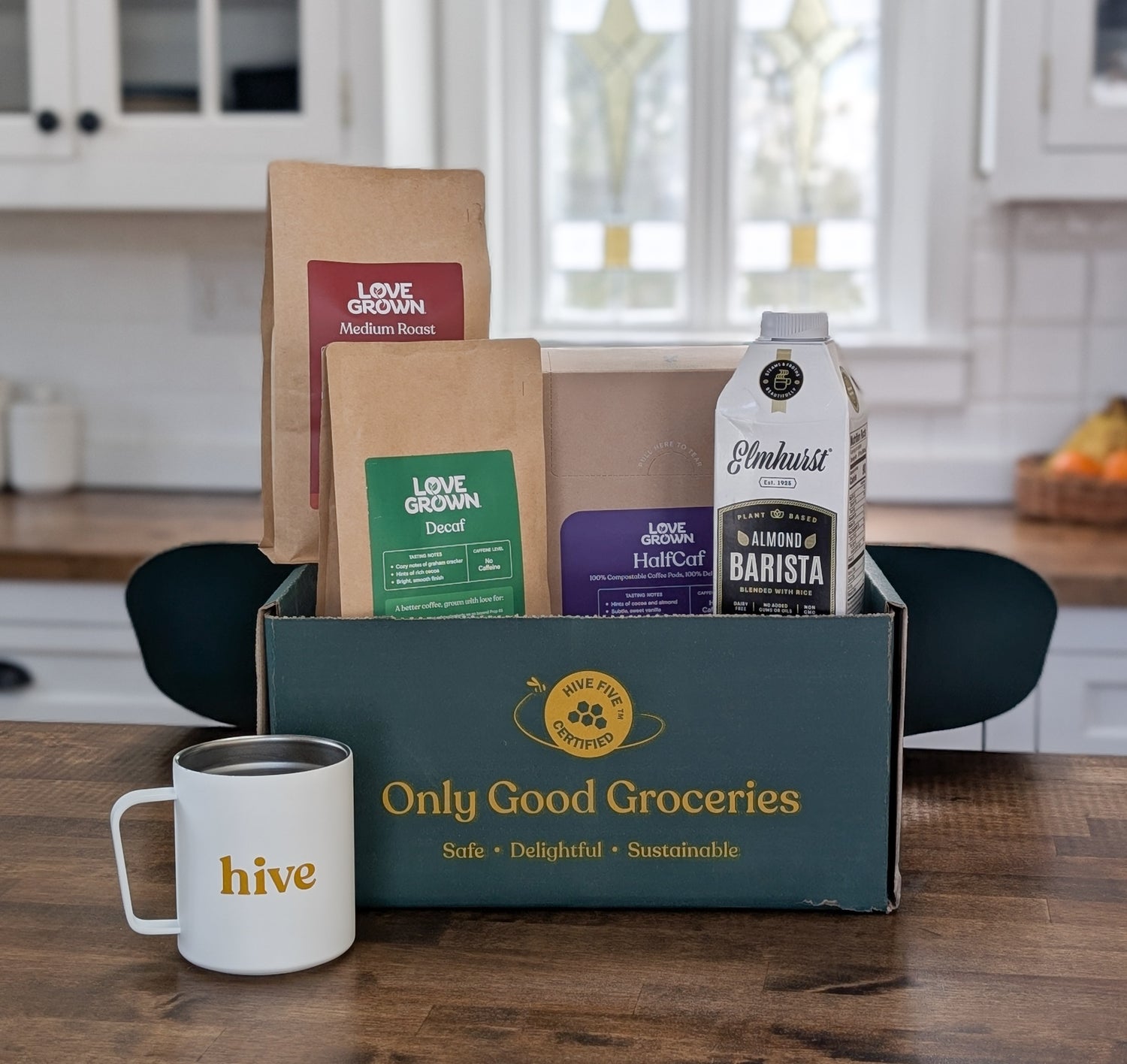"As Hive’s Sustainability and Impact Manager, it’s my job to raise the bar for what the grocery industry expects of the food on our (virtual) shelves. When I think of the most valuable parts of food systems, my mind immediately goes to the many women I have had the privilege of working alongside across the food industry.
There’s the wild-haired single mother who skillfully sawed off hundreds of Chinook salmon heads in the name of fisheries management.
There’s the fierce grandmother from Michoacán who, while toiling under a hot harvest sun, bested all of her fellow winemakers in strength, intelligence, creativity, and cooking skills (she was the de facto chef for work parties).
And there’s the witty urban farmer who brought her young daughter to work to teach her the importance of taking care of the land—land that rightfully belongs to them but was stolen by Europeans and paved over.
These women are the epitome of female empowerment.
Yet, when I knew them, most of them earned barely above the minimum wage as they balanced work, family, and community care. And their strength persevered despite their immense vulnerability as women working in a man’s food industry.


During a tour of a Long Island City food production facility, I remember the company’s owner flexing his power by playing “a little joke” on his all-female employees: he turned off the lights in the windowless room where they were carefully preparing first-class airline meals. Similarly, I shudder remembering the fish and game warden who dealt with a disgruntled fisherman shooting his gun as he drove past her house in the middle of the night. I remember a colleague, a Colombian immigrant, who was warned by her lawyer (also a woman) to avoid getting a work visa in the restaurant industry because it would make her too vulnerable to her boss. She took the advice and now has her citizenship and a Master’s degree in food policy.
Women have always brought food to the table, but we have rarely been bestowed with the important title of “breadwinner.”
In reality, women have much to lose in the food industry. The gender pay gap is well-known and well-documented, and it’s compounded by women’s disproportionately low representation in leadership. Women comprise half of the industry’s entry-level workforce, yet they make up barely a third of senior leadership roles and less than a quarter of the C-suite. The racial gap is also present: of these few female leaders in food, most, unsurprisingly, are white.
Unfortunately, gender inequity tends to be a Catch-22: increasing the percentage of women in an arena historically lowers average wages, but more men correlates to more sexual harassment. The isolated and undervalued nature of food production puts women at a particularly high risk of sexual violence, with female agricultural workers experiencing three times the rates of sexual harassment as women in other sectors. These realities are just a few of the many reasons why it’s vital to uphold women in food.
At Hive, I’m grateful to continue working alongside strong women, and good men, to support greater supply chain transparency and fairer, more ethical food production. Food is something that connects us all. Therefore, we all have a responsibility to build better food systems that adequately protect all workers. Women are infinitely more valuable than a cheap piece of meat, and it’s way past time to make sure they’re treated that way."

Want to help support female farmworkers in the U.S.? Check out the Coalition of Immokalee Workers, a worker-based human rights organization internationally recognized for its achievements in fighting human trafficking and gender-based violence at work.

